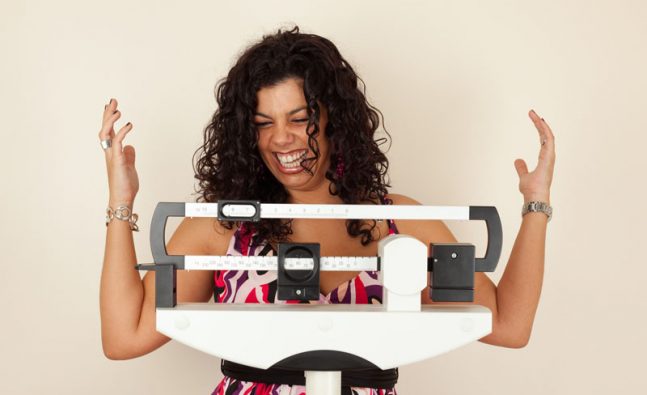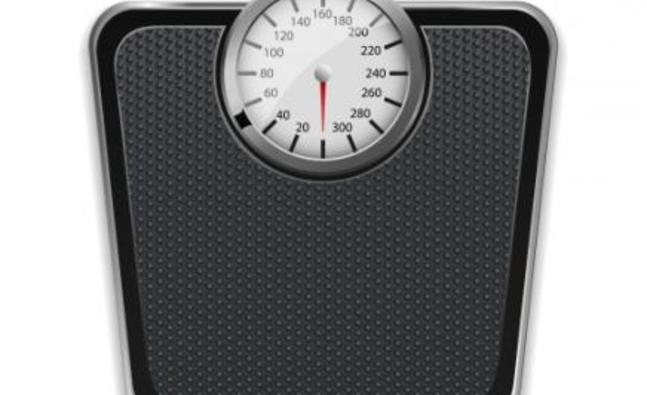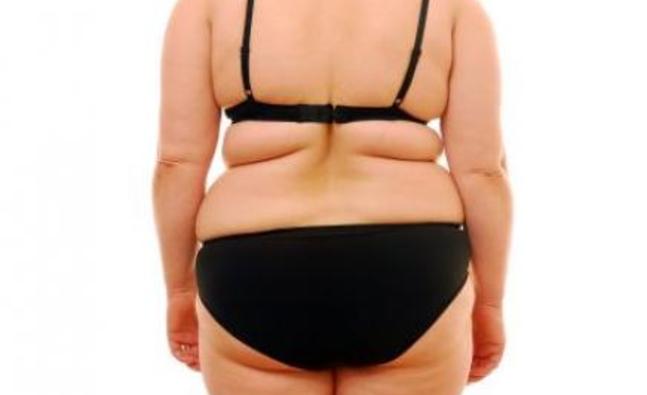10 Tips for a healthy summer detox

âCome January, we're all desperate for a good, clean detox, which is why cutting out the alcohol, getting in some exercise, eating healthily and adding wholesome detox foods into your diet can really help refresh your eating habits,â recommends Helen de Beer, dietitian and client relationship manager for DNAlysis Biotechnology.
Detox diets often conjure up thoughts of starvation and feeling weak and fatigued, but there is a way to detox healthily and in a way that will leave you feeling energised and renewed.
âTrendy detox diets such as a water or juice fast may actually cause muscle wasting, and in order to detox properly and enhance your bodyâs natural detoxification process â providing adequate fuel for cleansing and other daily activities â your body needs nutrients including good quality protein, carbohydrates and targeted nutritional support,â says de Beer.
Detox itself is the body's natural process of metabolising and eliminating toxins from the body. Toxins are anything that can potentially harm body tissue and can be produced naturally, ingested through our diet or inhaled from our environment.
DNAlysis Biotechnologyâs DNA Health test identifies 25 genes involved in seven key biological processes, providing, amongst others, insight into the efficiency of your detoxification process. The results provide a gene-based healthy eating plan, dietary goals for relevant vitamins, minerals, phytochemicals and foods as well as requirements for nutritional supplementation where required. A tailor-made health and wellness plan like DNA Health can give huge insight into your inner state of health, and how your body really works.
While our bodies perform the detox process by themselves, it is thought that certain food types and herbs can assist the process, and even help to speed it up.
Tips for a healthy summer detox

Here are de Beerâs top 10 tips to detoxing in a healthy way:
1. Consume whole foods as close to their natural state as possible
This will ensure you will be taking in a large variety of nutrients in their natural form. Whole foods also contain more fibre compared to processed and refined foods, which is very important for gut health and stabilising blood sugar levels.
Avoid all processed and refined foods and eat plenty of fresh vegetables and fruit whenever possible. This will boost your anti-oxidant intake, which will assist your bodyâs detox processes. Focus on consuming five different colours of vegetables and fruit (red â tomatoes, green â broccoli, yellow/orange â carrots, blue â aubergine / blue berries, and white â onion) every day in order to get in a good variety nutrients and anti-oxidants).
2. Eliminate trigger foods
Avoid foods such as caffeine, sugar and gluten as well as smoked and fried foods and alcohol. A high intake of smoked and fried foods, as well as sugar and alcohol has been linked to increased risk for various cancers.
3. Hydrate
Avoid artificially sweetened drinks, as well as sugar-filled sodas and caffeinated beverages and rather keep to herbal teas and green tea that are rich in anti-oxidants, and drink plenty of clean water to help your body flush toxins once they have been metabolised.
4. Sleep well
Sleep is an essential recovery process for your body. Try to get eight hours of deep sleep every night.
5. Practise slow eating and eating without distractions
Mindful eating is very useful as you become much more aware of how much food you are eating and what foods you are eating. Eating slowly allows your body to recognise satiety (or that you are full) and to avoid over-eating. Chewing food well also assists in easing digestion.
6. Stress less
Stress is strongly associated with many diseases of lifestyle including heart disease and cancers. Incorporate practices, such as yoga, meditation, exercise, etc. into your daily routines to help relieve stress and thus improve health outcomes.
7. Eat three meals a day
Be sure to have three meals a day that each include a protein (fish), carbohydrate (vegetables, legumes, wholegrain rice) and healthy fat (avocado, olives, raw nuts and seeds), and eat a small healthy snack, such as vegetable crudités and hummus, in between meals to balance your blood sugar levels.
8. Decrease red meat intake to once per week
Rather increase fish intake and lentils to make up the protein for the majority of meals. Fish is a complete protein that is much easier to digest than red meat, and legumes contain protein and carbohydrate, and a high amount of fibre as well as many nutrients such as B vitamins, which are essential for many biological processes including energy production and replication of DNA.
9. Eliminate potential food intolerances
Cut down, or cut out foods such as dairy, soya, corn and gluten and re-introduce slowly while monitoring your reaction.
10. Avoid white carbs
Try to avoid carbohydrates such as bread and pasta, opting for complex carbohydrates instead (potatoes and wholegrain cereals are good sources). These foods contain vital fibre, vitamins and minerals and breakdown slowly in the body, preventing hunger pangs and help maintain steady blood sugar levels.
Recommended reading: How to beat a sugar addiction: Sugar detox meal plan
-
Are you at risk for obesity?
-
How this woman lost an incredible 35,2kg!
-
4 Reasons Its Easier to Lose Weight in the Summer
Whats not to love about summer? Its the season of relaxing vacations,
-
Diet Soda and Weight Gain
ABC News reported yesterday that diet soda sales have dropped sev
-
Your skinniest day of the week
-
Lose 10 Pounds
Your secret weapon if you want to break the double-digit barrier and l
- DON'T MISS
- Does Swimming Result In Weight Loss?
- Offensive Weight-Loss Tool
- How to start a successful weight-loss journey
- How to Lose a Pound By Next Week
- 7 Strength Moves That Will Help You Burn More Calories During Your Runs
- 4 Ways to feel better about your cellulite
- Eat outside and prevent weight gain
- 7 Reasons Fall Is A Great Time to Jumpstart Your Weight-Loss Goals
- Effective Diet Plan To Lose Weight In 30 Days
- Reduce calorie intake while promoting good health




